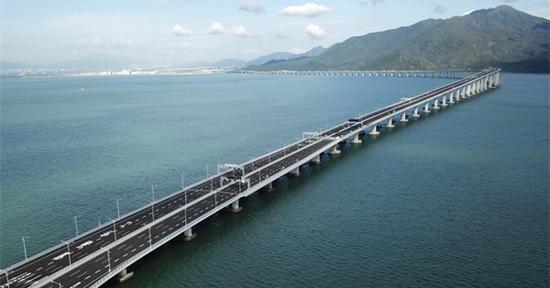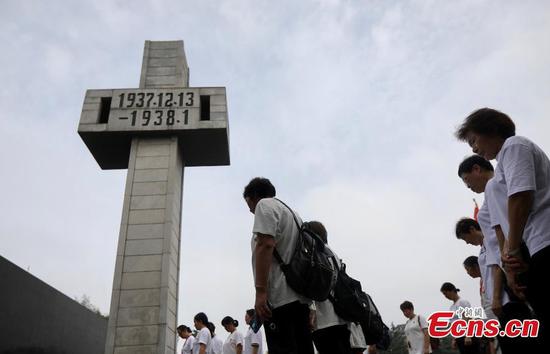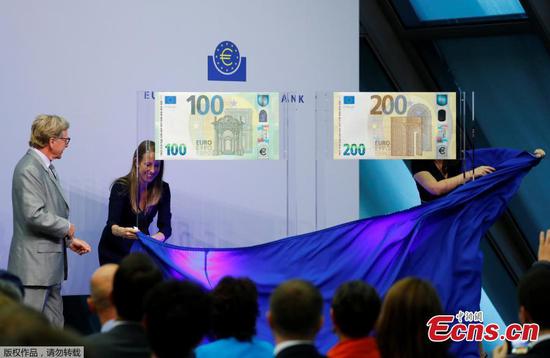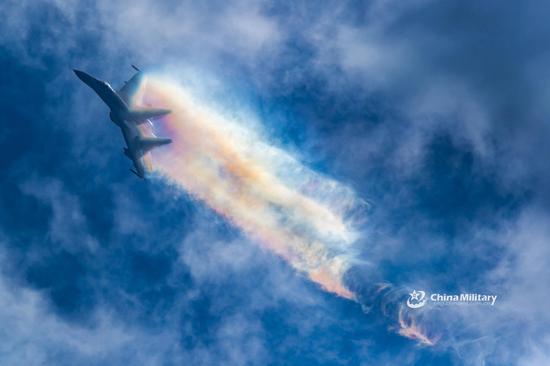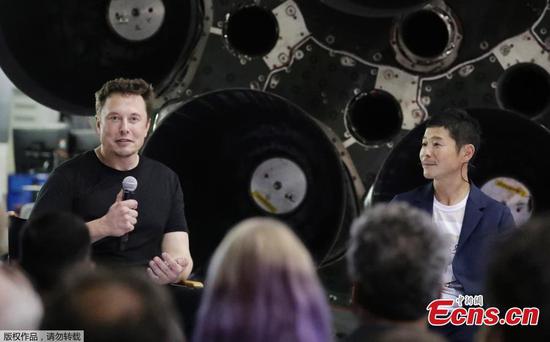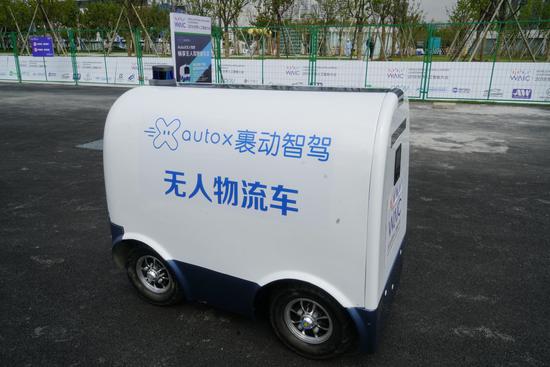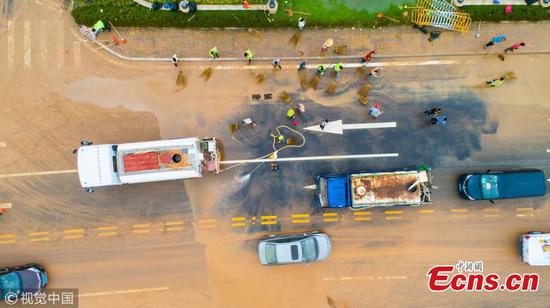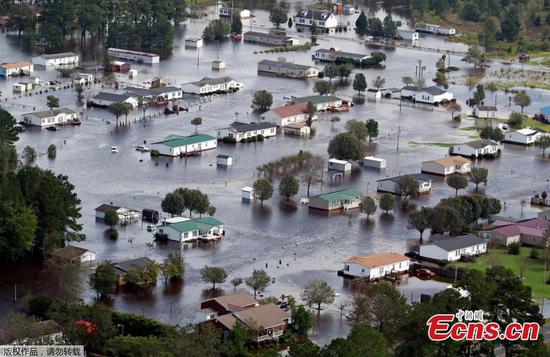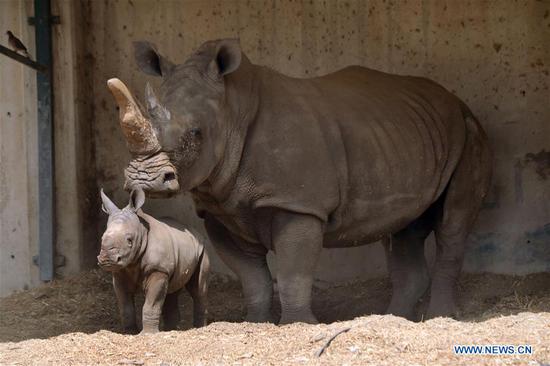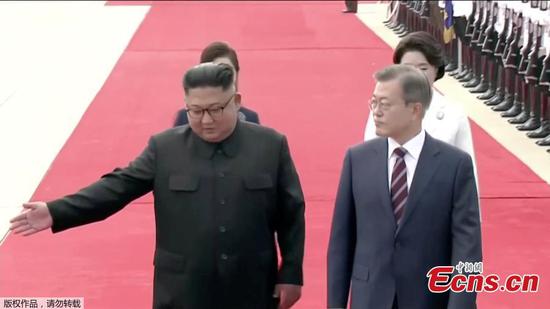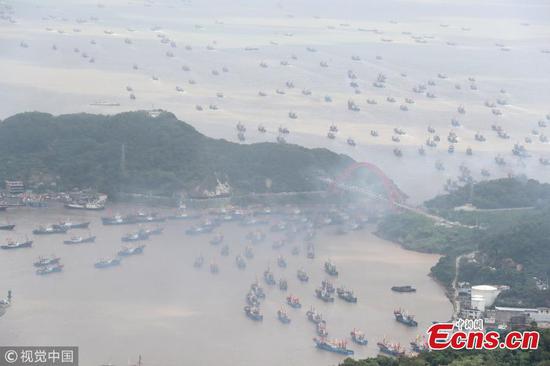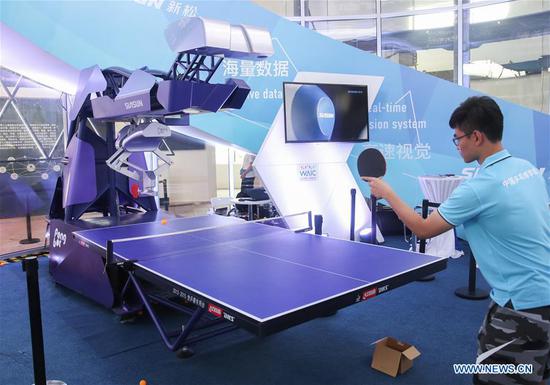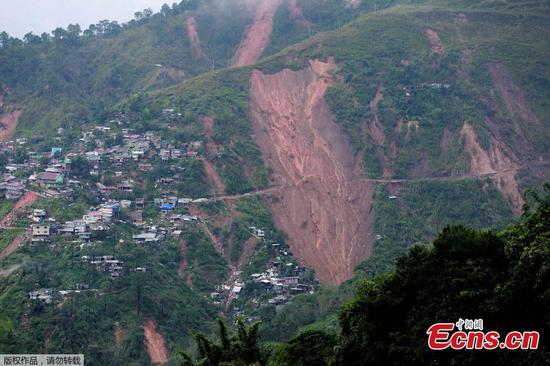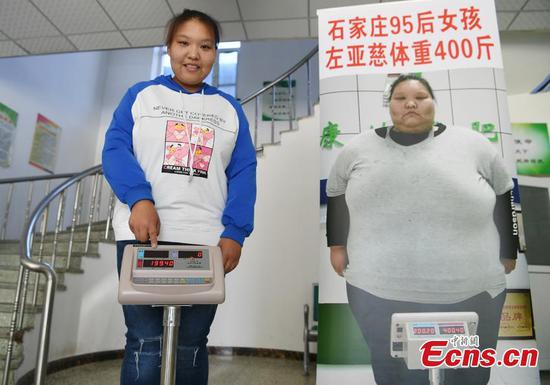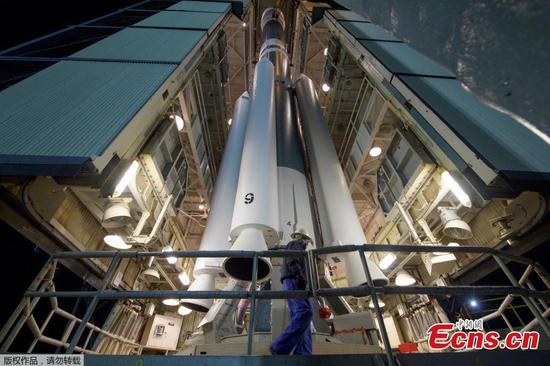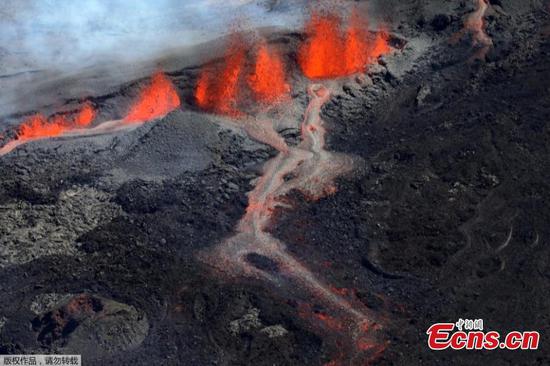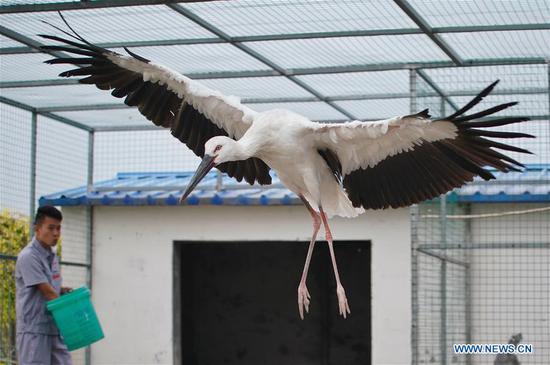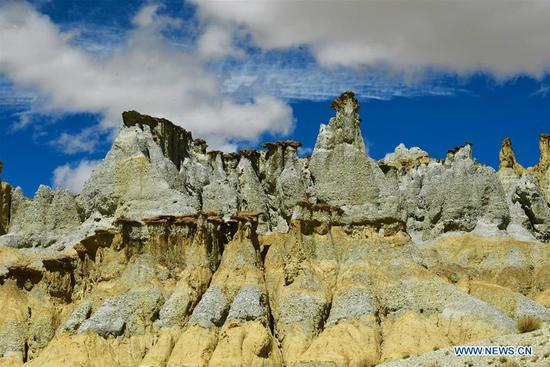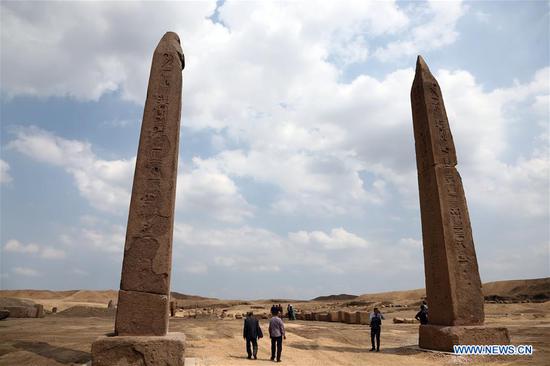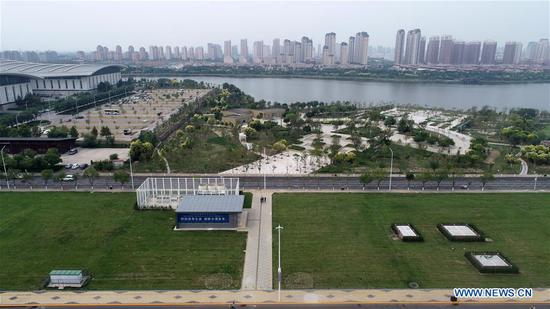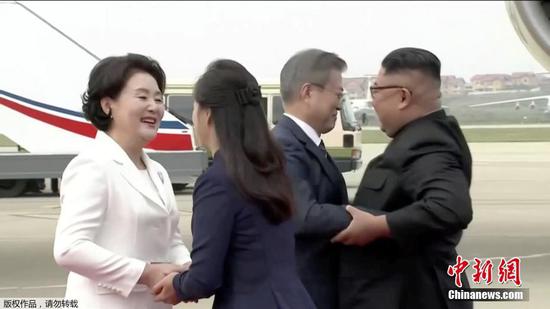China's Guangdong-Hong Kong-Macao Greater Bay Area has been attracting more overseas firms with its huge growth potential under the central government's great push for integration development, but it will take time for it to rival Silicon Valley in the U.S., experts and officials said at the 2018 Summer Davos Forum.
The Greater Bay Area, an initiative spanning 11 cities in the Guangdong-Hong Kong-Macao region with a GDP of $1.5 trillion in 2017, has been further promoted with the completion of a series of infrastructure facilities including the Hong Kong-Zhuhai-Macao Bridge, which is set to open for operation soon.
Qian Jing, vice president of U.S.-based clean energy company JinkoSolar, told the Global Times on Tuesday that the Greater Bay Area has huge development potential and is very attractive to foreign companies at the moment. As a cluster of many energy-consuming industries such as high-tech and traditional manufacturing, the area will surely inspire foreign companies, especially clean energy companies like Qian's, to scramble for a place here.
"With some favorable policies in the area, and a favorable investment environment, there is definitely great development potential for the area in the future," Qian noted.
The initiative has the ambition to benchmark Tokyo Bay and Silicon Valley in the near future, but experts at the forum cautioned that more work needs to be done to fully achieve the Greater Bay vision.
Ian Xue Lan, professor and dean at the School of Public Policy and Management at Tsinghua University, said the area still has to attract more talent, formulate a more innovative regulation model and create a more efficient communication system, in a bid to achieve further growth.











